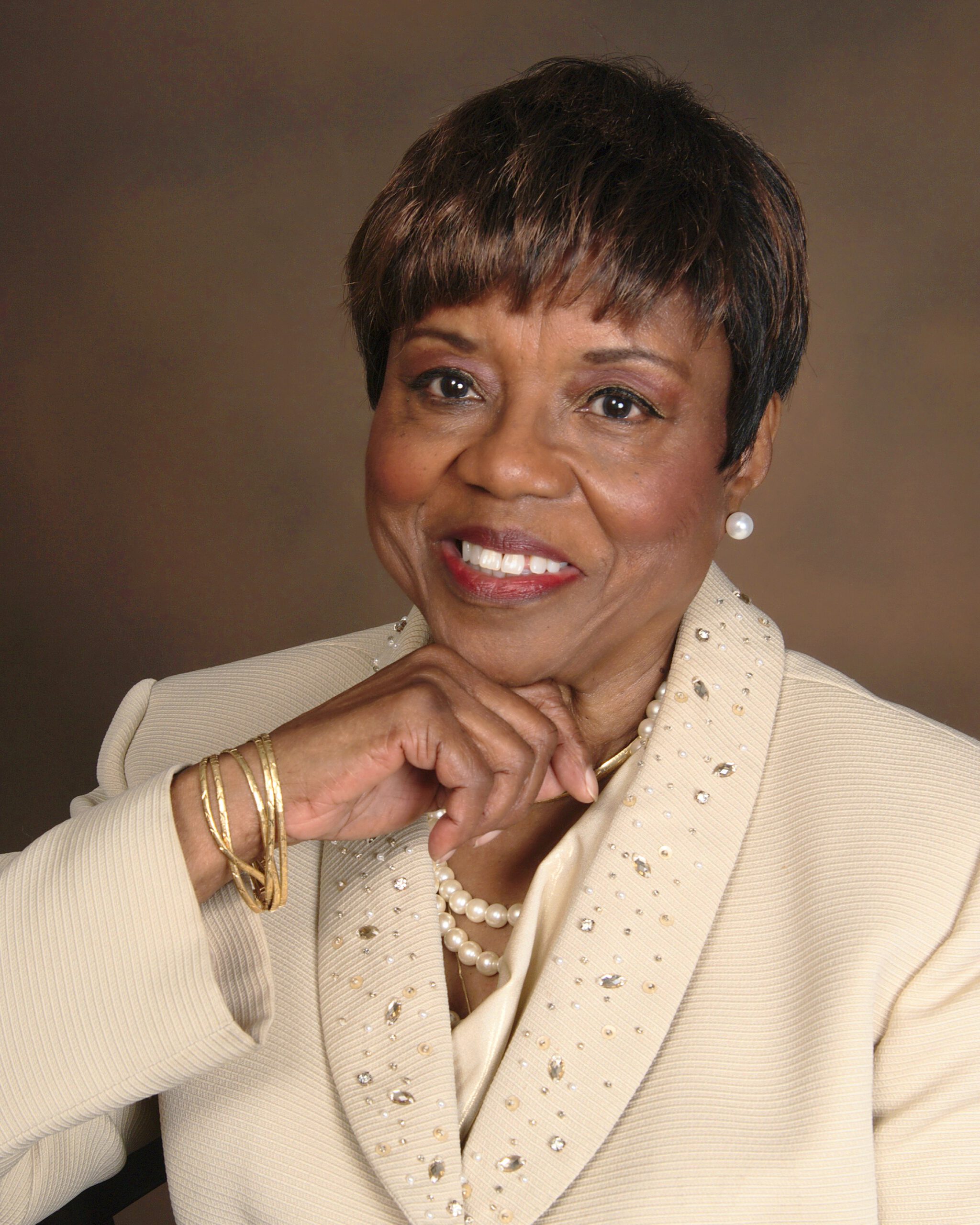Promoting Healthy Sex and Sexuality: A Look at Congregation Strategies
By Rev. Dr. Priscilla Irene Boswell, Contributing Writer
Talking about human sex and sexuality can make most of us uncomfortable, even though we all are sexual beings. For the purposes herein, sexrefers to sexual activity. Sexuality refers to the whole way that we express ourselves as sexual beings. While it is important not to make the topic of sex and sexuality an exaggerated area of focus, it is certainly important to recognize them as natural parts of being human. As the religious leader, the Rev. Lena Breen pointed out, “Human sexuality is simply too important too beautiful and too potentially dangerous to be ignored in a religious community.”
Sex is God’s idea, God’s design, and God’s creation (Genesis 1:26-28). However, our sex and sexuality can be expressed in both healthy and unhealthy ways. God compels and guides us to create safe spaces where people can effectively respond to the challenges facing them as sexual beings.
Here are a few ideas that congregations can develop to promote healthy sex and sexuality in their communities. First, pray and seek God to determine what God’s plan is and what your specific role is in it.
Second, solicit the pastor’s support. The pastor shows support by taking the lead in discussing the need and through preaching, teaching, and studies.
Third, solicit congregational support. Provide safe settings where adults, teens, children, and youth can talk about sexual issues. Organize seminars, either on your own or in cooperation with other churches, for parents and others involved in the sex education of youth, teens, and young adults. Address current issues as they arise in the congregation or in the media. Correct misinformation and give youth, teens, and adults the facts they need to support their stand on sexual transparency. Use public media to broaden the outreach. Develop a library of resources on healthy sexuality and regularly refer parents and others to these resources.
Fourth, develop a Biblical theology of sexuality. Further, clearly state and model a sexual stance that reflects Kingdom attitudes and values. Support parental involvement in educating their children about healthy sexuality. When parents are involved, communication with their children improves and they are less likely to become involved in sexual activities unduly. Emphasize the roles of husbands, fathers, and father figures.
We must spread the message that God intends human sex and sexuality to be sources of true joy, healing, love, caring, and unselfishness—not sources of misery, hurt, and pain so often caused by persons who would misuse others for personal gain. No one congregation can do all this alone. Collaborating with other congregations or community groups helps get the job done. In so doing, all of us get closer to lining up with one of God’s original purposes for God’s human creation—to be trusted stewards exercising authority over creation in order to manage its vast resources for God’s glory and honor.
The Rev. Dr. Priscilla Boswell has more than 30 years of experience in lay and ordained ministries in Methodist denominations. She currently serves as Dean of the Ministerial Staff, Director of Christian Education, and Executive Director of the Community Outreach and Social Involvement Ministries, all at Pilgrim AME Church in Washington, DC. Additionally, Dr. Boswell serves as dean of the Christian Education Teacher Certification Institute for the Washington Annual Conference





